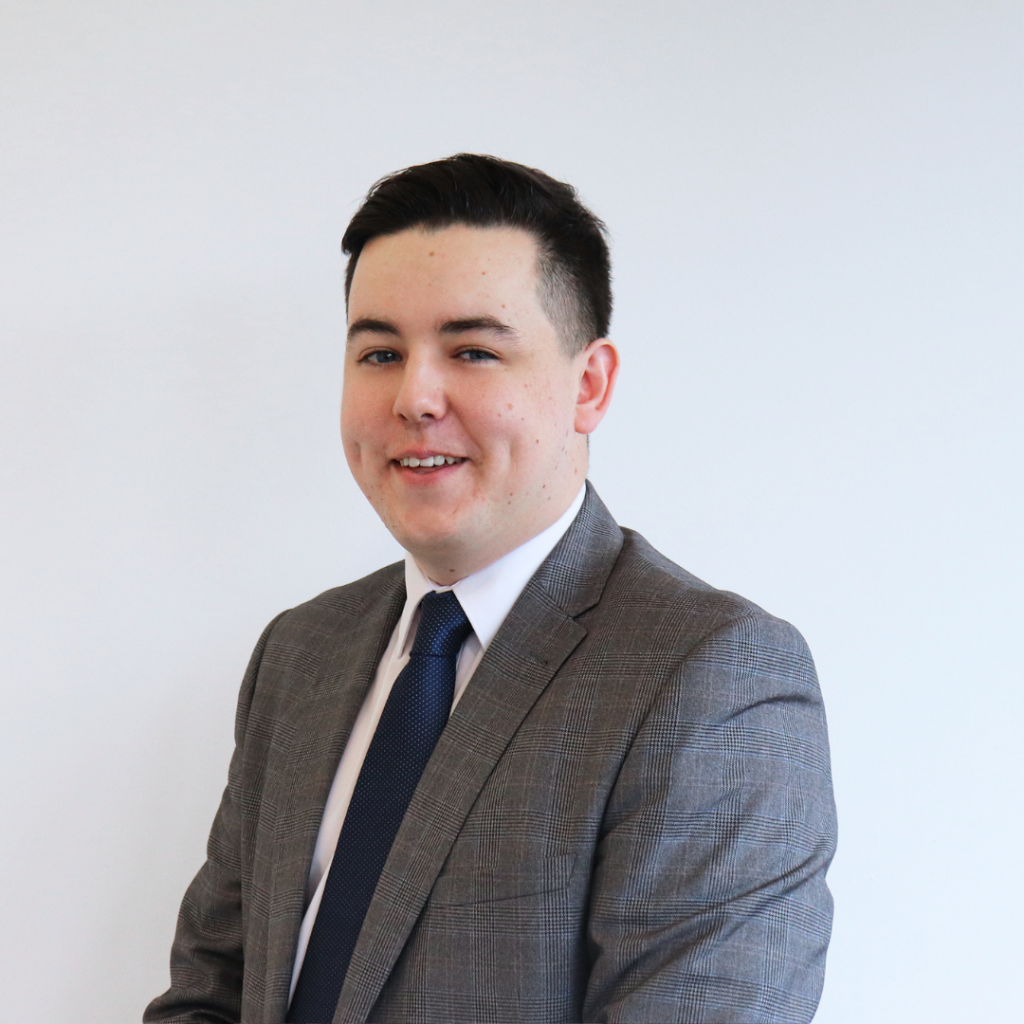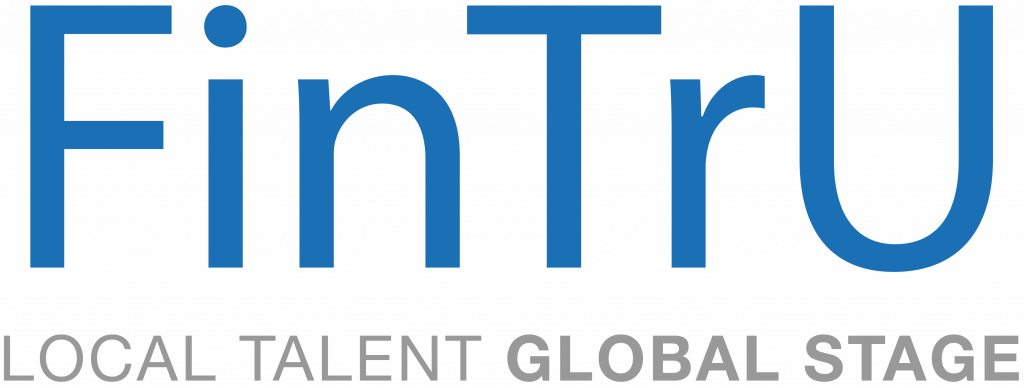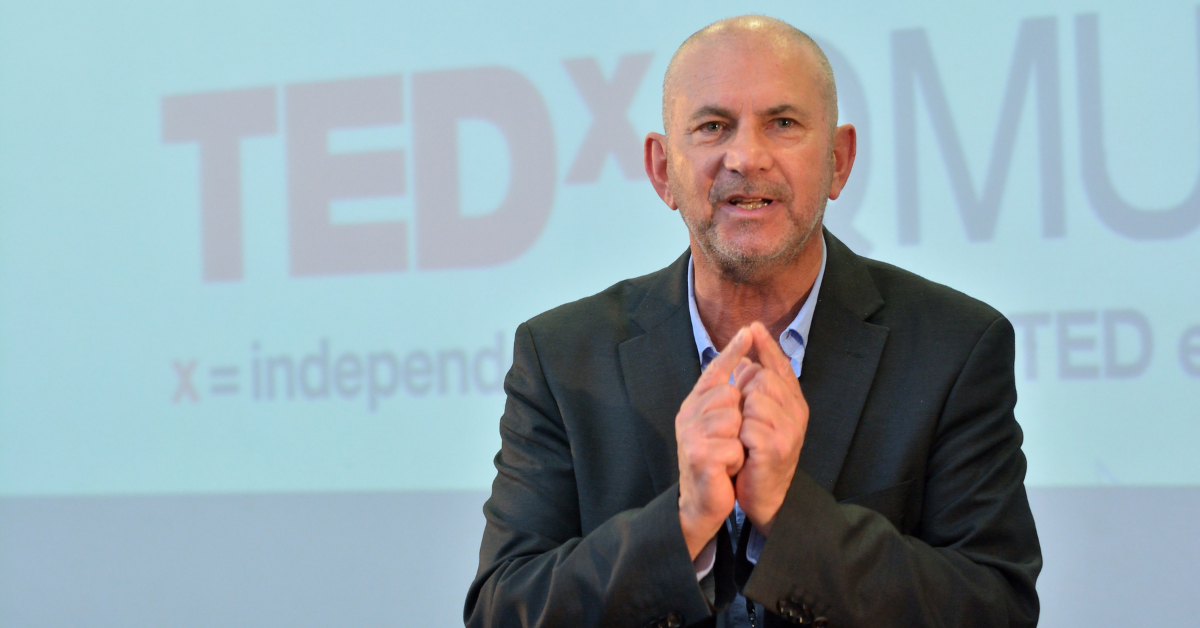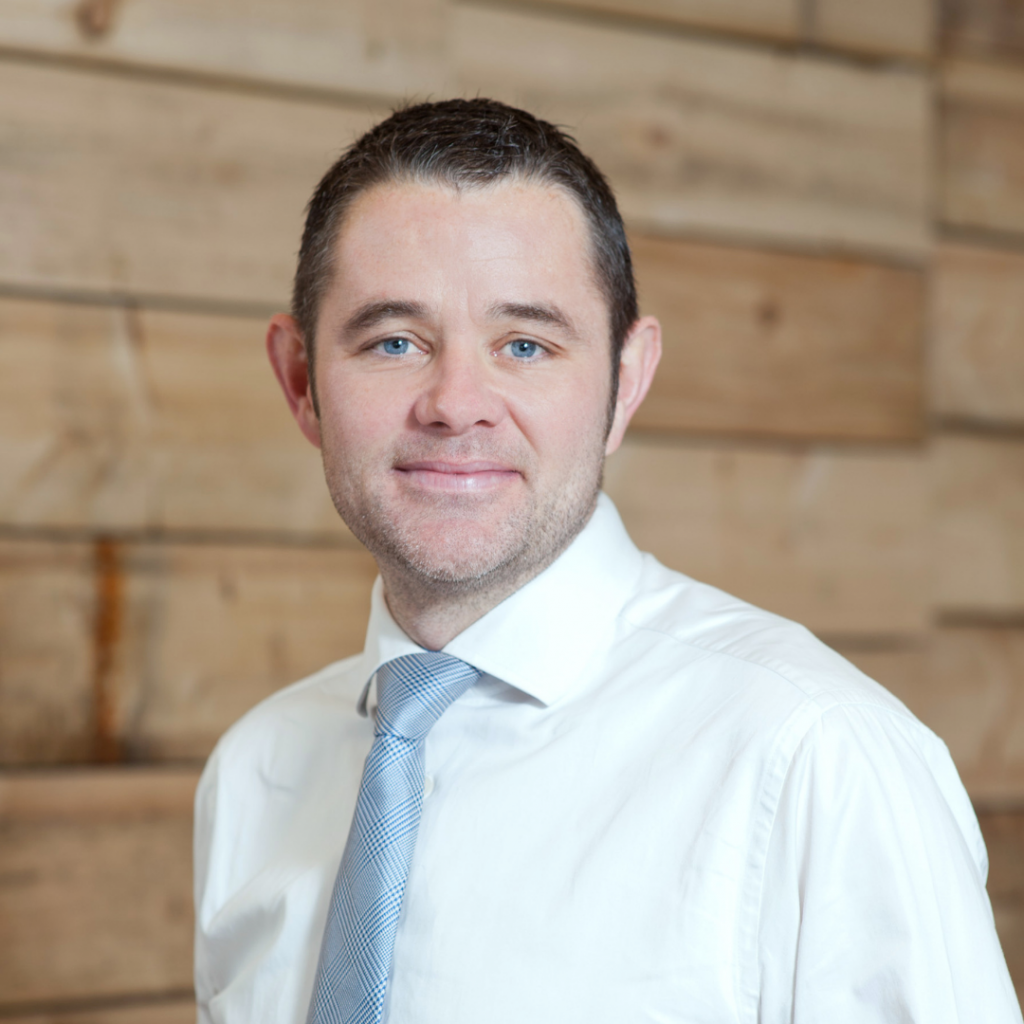Chloe McKee, a COVID-19 laboratory manager at Randox, shares her advice for graduates.
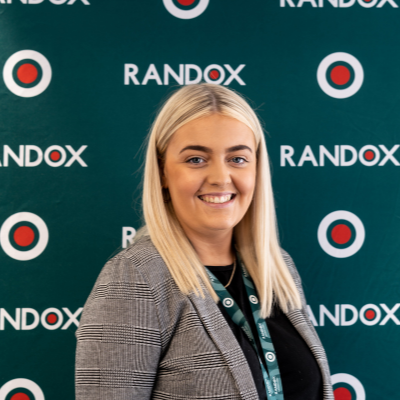
What advice would you give to students graduating who haven’t yet secured a job?
My advice would be just keep searching. If you want something hard enough, it will come to you in the end, so don’t give up hope. You may go for the first job interview and it may not work out. Even the second or maybe the third might not. But if the first, second or third hasn’t worked, there is still going to be one down the line that is going to be right for you. So, just don’t give up hope and keep going.
How could a new graduate without a graduate role gain valuable work or other experience in the current environment?
The current environment is obviously a lot more difficult than previous years due to the pandemic. But my advice for new students graduating would be to look out everywhere for new experiences; there are going to be some out there for you. Any experience is better than no experience. Even if it’s a few hours volunteering. That’s going to make you stand apart from other students that don’t have the experience. Any experience is better than no experience.
What skills does your organisation expect of graduates and how can University leavers develop these while job searching?
Randox Laboratories has a strong emphasis on practical best skills, and especially within our COVID testing labs at the minute, because we are getting a lot of new graduates. So, in university just make the most of your practical classes by asking questions and learning new techniques. Don’t just go along with the flow, make sure you actually know what you’re doing and why you’re doing it. Randox is looking for someone who is really keen, willing to learn and wants to actually go far and wants to develop their career.
What is the best bit of advice you would give a graduate starting a new role?
The best bit of advice I could give is just to give your all. As a new graduate you have the advantage of being young and eager and ready for work. And this is really your time to shine. So, just really throw yourself into any job or any task you’re given. This will mean you will get the best experience possible out of the job.
What skills may students have developed in the past year? And how can they apply these in a work environment?
The past year has been challenging for us all, obviously, because of the pandemic. But that doesn’t always have to be a bad thing. Having to work from home as a student has given people real adaptability to their work and we see that they’re coping better with change. This has given them a real resilience and eagerness to work, because they’re excited to get out into the environment, to come out and meet new people and learn new skills.
Why does the positive attitude in the workplace matter?
A positive attitude in the workplace is half the battle – if you have a positive attitude and are ready to learn, you’re going to go far. You’re not going to have all the skills that they are looking for initially, but those skills can be built up If you have a positive attitude and are ready and eager to learn.
How important is confidence? And what advice would you give to increase your confidence of work?
Confidence is key. Ultimately, you have finished your degree so you know that you specialise in your subject, trust the knowledge you have. Don’t forget that once you enter a job, and there’s always room for more learning. Take training courses, ask questions, ask your manager what you can do. There’s never room to stop learning.
To what extent is it okay to admit you don’t know something when starting a job?
My advice would be to always be honest: if you don’t know something, that’s okay. Ask your colleagues for help. It’s better to ask for help and then do a great job and not ask for help and struggle. All your colleagues have had a first day as well, so, everyone in that job has been in the same position as you. So don’t be worried about asking for help. It’s better to ask for help than not.
In a recent poll of our students, 80% said job satisfaction is more important than financial security. How can our graduates find job satisfaction, and what is the secret to a happy working life?
I would agree that job satisfaction is more important than the money. For me, job satisfaction comes from doing something that you’re interested in, that’s going to satisfy you and to do what you love each day. And secondly, working with a good team in a good company. If you enjoy going to work and seeing your colleagues every day, it makes your job so much easier. The secret to me for a happy working life is just say yes to every opportunity that comes your way. Don’t shut yourself off to anything, you never know what one training course or what one trip away with your work can do. It’s all about who you meet and who you know in that sector.
What do you love about your job?
I love a lot of things about my job and my colleagues would definitely be a big part of that. I’m lucky to work in a great team who’ve all come from different academic backgrounds so I’ve learned so much from each of them. Another thing I love about my job is the fact that every single one of us here is playing a massive fight against COVID-19 and the pandemic and this will be something to look back on in years to come and be proud of.
What advice would you give to someone who isn’t sure they are on the right career path?
Just experiment! You don’t know until you try. You have to go into a job and give it your all before you know it’s not the one for you. Having said that, when you’re in that job and it’s not the one for you, that’s okay. You’re getting experience and you know what you want out of your career – it’s almost like fine tuning your career. Ultimately, you’ll find out what job you really want.
Interested in Randox? Randox will feature on our @QUBCareers Instagram during the week commencing 28 June talking about commercial awareness. Visit the Gradfest2021 site to find out more.

Randox are proud sponsors of Gradfest2021





